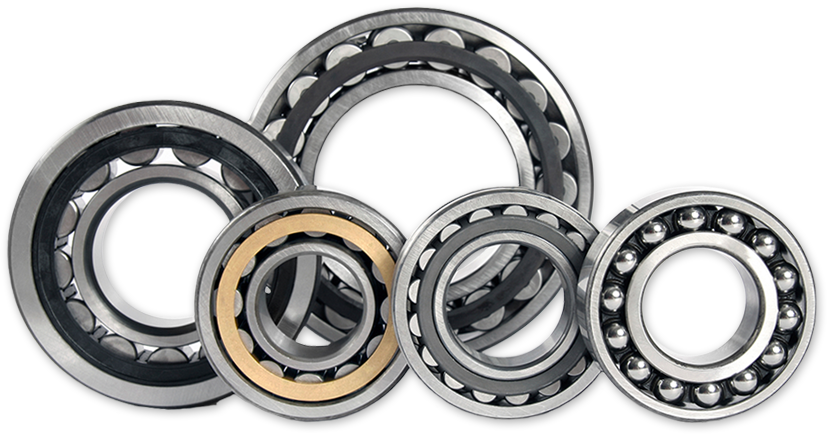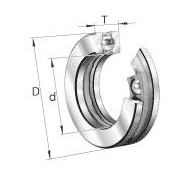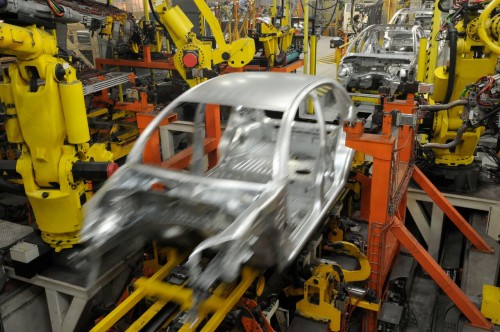A detailed understanding of bearings is crucial for selecting and sourcing the correct bearing. It's difficult for a customer with little or no knowledge of bearings to make the right decision. That's why it's best to partner with a company or service with experience in sourcing, pricing, and delivering bearings.
Emerson Bearing Blog
Having Bearing Challenges? Talk with Emerson: Solve Your Pricing, Delivery & Technical Issues
Posted on November 23, 2022
Topics: bearings, ball bearings
Throughout the years, ball and roller bearings have seen significant reductions in price while quality has improved. Several factors have played a role in this, but production process changes and material quality improvements have most significantly changed the face of the industry.
Topics: bearings, ball bearings, cost-effective
Bearing Basics
With a constant cross section, thin section bearings allow for significant space savings and overall system weight reduction — ideal advantages when designing sophisticated and critical-application products. The cross section, which is usually square, remains constant even in bearings with large bore diameters. Often used when space limitations or specific design configurations prevent the use of conventional bearings, thin section bearings allow for versatility in many applications and come in a range of contact angle designs, including radial contact, angular contact, and four-point contact.
Topics: robotics and automation, bearings, ball bearings
A rolling bearing is composed of: two rings – known as the inner and outer race – separated by a set of rolling elements, which are most often kept at a relative distance by a cage. At its most basic level a rolling bearing decreases rotational friction and supports radial and axial loads. Each element is manufactured to a certain tolerance, and the sum of the geometrical and form tolerances determines, loosely speaking, the level of performance of the bearing – rating the load it can carry axially and/or radially, the limiting speed, noise, etc.
Topics: rolling bearings, precision bearings, ABEC, high tolerance bearings, ball bearings, bearing rating calculation, bearing rating, bearing ratings, bearing speed rating, bearing rating system, bearing rating life
Be the first to know about all things bearings!
Subscribe to our blog to receive the latest company and industry news right in your inbox









